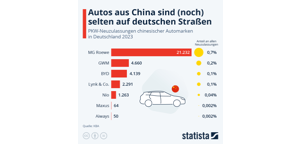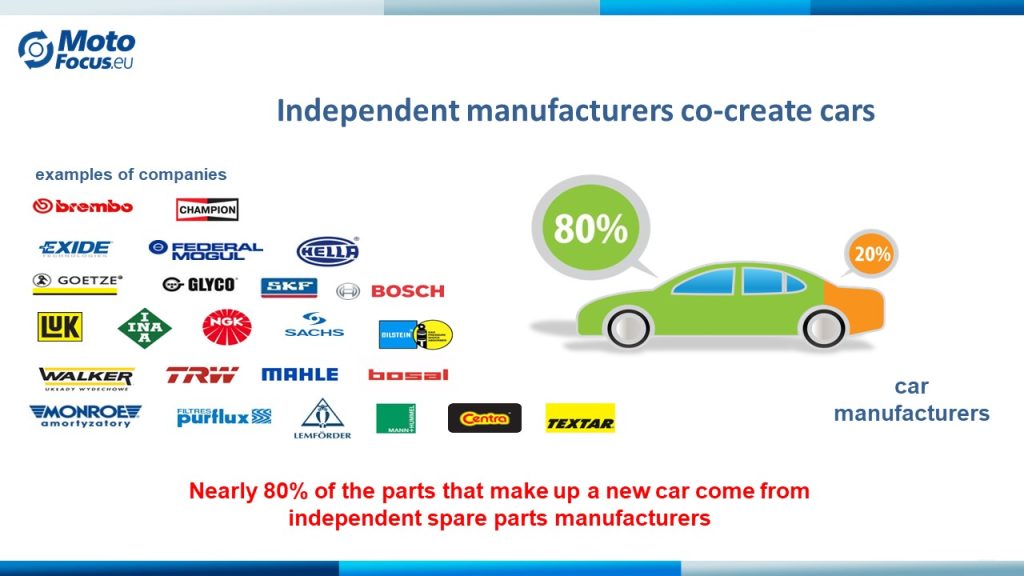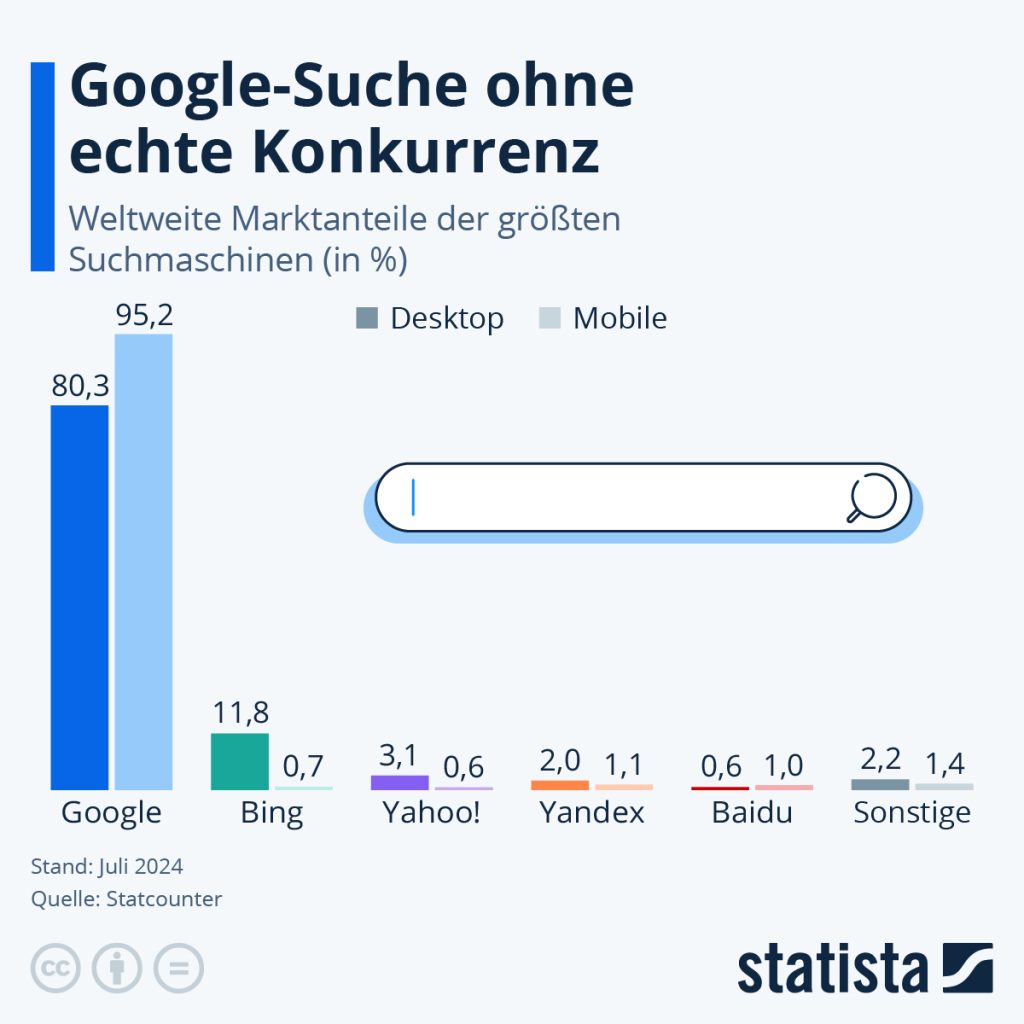Probably many came across the widespread sentence: do not believe any statistic that you haven’t forged yourself. It is commonly attributed to Winston Churchill, while in fact, or better to say: in Wikipedia’s terms (https://de.wikipedia.org/wiki/Liste_geflügelter_Worte/T#Traue_keiner_Statistik,_die_du_nicht_selbst_gefälscht_hast.) there seems to be no evidence, and it may even be that it is a somewhat “anti-Churchillian sentence”. Already the fact that the attribution is not entirely clear shows the problematique – and as much as this discussion is about numbers, it may be that the same holds true for words, and more specifically on may say:
Do not trust any information before you undertook thorough research, also investigating contexts. Unfortunately, today’s media(-moguls) “offer” questionable working conditions for journalists, making them dependent on search engines, web-searches, and everything that is out there and easily accessible (paraphrasing Marx, many journalists are free in the double sense, not having a proper job and being allowed to publish what they want as long as they do not attract the attention of the courts). And – for instance – they pick up some “info” and publish stories about the markets being flooded by Chinese cars. Well, poor German car manufacturers – though the reality is sobering. According to statista’s Daily data
PKW-Neuzulassungen chinesischer Automarken in Deutschland 2023

If we read in the adjunct info text – https://de.statista.com/infografik/31635/pkw-neuzulassungen-chinesischer-automarken-in-deutschland-2023:
China ist der mit Abstand größte Produzent von Kraftfahrzeugen. Im Jahr 2022 wurden etwa 23,84 Millionen Personenkraftwagen und knapp 3,2 Millionen Nutzfahrzeuge gefertigt. Insgesamt ist China damit für knapp ein Drittel der weltweiten Kraftfahrzeugproduktion verantwortlich. Im Bereich der Pkw lag der Anteil sogar noch höher – 2022 wurden 38,7 Prozent aller Personenkraftwagen in China hergestellt.
Vor allem im Bereich der Elektromobilität verzeichneten die chinesischen Hersteller zuletzt große Fortschritte und stellen eine zunehmende Konkurrenz für die etablierten Hersteller dar. So wuchs zum Beispiel der Absatz des Herstellers BYD Auto zuletzt von rund 713.000 Einheiten im Jahr 2021 auf rund 1,8 Millionen im Jahr 2022.
It may be worthwhile to confront the figures of production with the population: the population of China, compared to other countries, and to consider as well those countries that do not have any care industry, depend on imports and produce “own cars” by assembling models of different origin (then often for “export”).
****
So, had the mistake had been unveiled? More recently, it is not the import of cars from China anymore; threatening is now the import of parts – another dubious presentation in actually at least two ways:
- The picture unveils the fact that what appears on the street as car of the make xyz exists only to 20 % of the own productio0n – to 80 % cars are compounds of part from other producers

from: https://en.motofocus.eu/monopoly-or-a-free-market-in-the-automotive-industry/
- At least it may be assumed that many of these parts – marketed under names like Bosh, TRW etc. – are not produced in the country where the headquarter is located – for Bosh we learn
“Made in South Africa” proudly produced products at the Bosch Brits facility which occupies some 77,915m2 consists of two manufacturing plants and a training facility, holding the ISO 14001:2015 and IATF 16949:2016 quality standards. The Electro Mechanical plant manufactures starters, alternators, wiper motor systems, body electronics and brake callipers. The Electronics plant produces electronic units for both automotive and non-automotive units. Bosch is a global company, where South African original equipment manufacturers benefit from international designs and advances in technology.
https://www.bosch.africa/news-and-stories/bosch-brits-plant/
We also find Bosh products being manufactured in Brazil, China … – are these then “African, Brazilian, Chinese … exports”. If so, it would surely qualify what is written the “overwhelming export strategy” of those countries.
Coming back to the beginning, trusting statistics etc.: Will google help us solving all these questions? Statista provides some information that may be interesting when it some to “big brother”
Google has been the market leader in online searches for decades, which is also reflected in the establishment of the term google as a verb for using a search engine. As our infographic shows, the product of parent company Alphabet is hard to beat, especially in the mobile segment.
According to data from Statcounter, the search engine had a market share of around 95 per cent on smartphones in July 2024. Yahoo! was used for 0.6 per cent of all search queries, the Russian service Yandex accounted for 1.1 per cent and the Chinese provider Baidu for around one per cent. The market situation in the desktop sector is somewhat different. Both Yahoo! and Yandex play a major role there. Another US competitor, which is barely represented in the mobile phone segment, can achieve a market share of around twelve per cent here: Microsoft’s search engine Bing.
The tech company’s Google rival has been available to the general public since January 2012, but despite its increasing use, it has remained a niche player in recent years. With the integration of OpenAI software into Microsoft applications, its market share has gradually increased. With ‘Copilot’, Bing now has its own AI assistant based on ChatGPT.
Google, meanwhile, still seems to be struggling with the implementation of its ChatGPT competitor Bard. The AI repeatedly shows users incorrect information and thus prevents the search engine from fulfilling its actual purpose.
https://de.statista.com/infografik/29264/weltweite-marktanteile-der-groessten-suchmaschinen/ – machines translated with deepl pro
Here, the often suggested “Chinese surveillance giant” turns out to be a dwarf.

https://de.statista.com/infografik/29264/weltweite-marktanteile-der-groessten-suchmaschinen/
